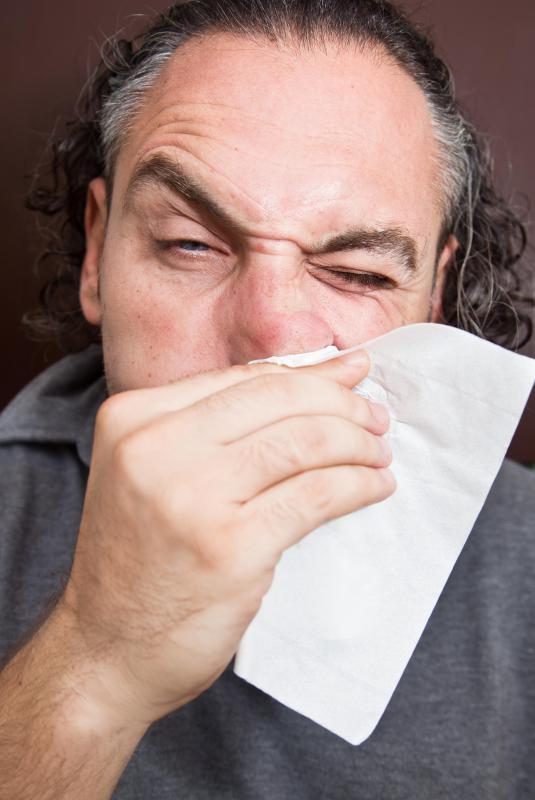At PracticalAdultInsights, we're committed to delivering accurate, trustworthy information. Our expert-authored content is rigorously fact-checked and sourced from credible authorities. Discover how we uphold the highest standards in providing you with reliable knowledge.
What does a Mold Inspector do?
A mold inspector inspects a home or other commercial property for mold. Since a mold problem can cost thousands of dollars to fix, and cause potential damage to your health, a mold inspector is a very important person when buying property. Professional mold inspectors are trained to use a variety of techniques to find mold that may not be obvious to the casual observer.
Mold inspectors often work closely with general home inspectors, or a general home inspector himself may also inspect for mold. Alternatively, a mold inspector may be a specialist who only does mold inspections full time. In that case, to inspect for mold is the only answer to the question of what does a mold inspector do.

Having a property inspected for mold is very important. Certain types of mold, such as toxic black mold, can be extremely dangerous. Inhaling or breathing in mold can cause respiratory problems, allergies, and other serious medical conditions such as dizziness or infection.
As a result of the dangers of mold, it is essential to ensure that a property does not contain mold. Mold cleanup can also be extremely expensive, so catching a mold problem early is beneficial to the owner for both health and financial reasons. While some mold is visible to the naked eye, some mold can be difficult to spot or identify, and mold can grow in places where it goes unnoticed, such as inside walls, at the base of foundations, in crawl spaces, or inside insulation.

A mold inspector is trained and licensed to identify mold within a property. Mold inspectors, in most places within the United States, must be licensed by state agencies. Mold inspectors may also be licensed by private organizations, and may be given the title of Certified Mold Inspector or Certified Mold Remediation Contactor.
A licensed mold inspector is often hired by a homeowner or property owner who suspects he has a mold problem, so new buyers must also be able to answer the question of what does a mold inspector do. Homeowners may suspect this problem as a result of unexplained medical conditions, such as headache or shortness of breath. The homeowner may also see something suspicious and contact a mold inspector.

A mold inspector then comes to the home and assesses the mold situation. This involves doing a careful visual inspection with a flashlight. If mold is found, a mold inspector may also need to look inside walls or insulation to determine the extent of a mold problem.
Mold inspectors may also be contacted when a home or other property is being sold. A mold inspection, like a standard home inspection, is conducted to protect the perspective buyer from purchasing a property that has damage that is expensive or difficult to fix. In this case, a mold inspector again performs a visual inspection to determine the presence or absence of mold at the property.

When a mold inspector locates mold, he must determine the type of mold, which is part of the answer to the question of what does a mold inspector do. Some mold, such as toxic black mold, is more harmful than other types of mold. A mold inspector can identify the mold and make recommendations regarding the removal or mediation of the mold. Typically, inspectors do not remove mold themselves, unless they are also licensed mold remediation experts, so the answer to what does a mold inspector do usually does not include remediation.
AS FEATURED ON:
AS FEATURED ON:
















Discuss this Article
Post your comments